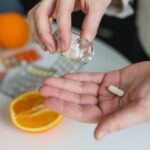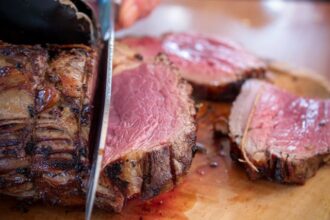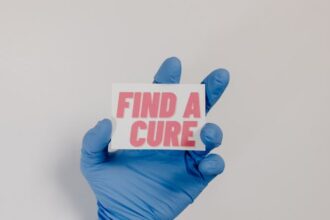According to findings published in The Journal of Clinical Investigation, a study funded by the NIH and led by USC Stem Cell scientist Janos Peti-Peterdi has uncovered that reducing salt and body fluid intake can stimulate kidney regeneration and repair in mice. This discovery hinges on the activity of a small population of kidney cells in the macula densa (MD) region, which senses salt and regulates essential renal functions like filtration and hormone secretion. Emphasizing the gravity of these findings, Peti-Peterdi, a professor at the Keck School of Medicine of USC, highlighted the global kidney disease epidemic, which affects one in seven adults worldwide, totalling approximately 850 million people, including around 2 million in the Los Angeles area alone. He pointed out the urgent need for effective treatments, as kidney disease often goes unnoticed until irreversible damage occurs, necessitating dialysis or transplantation.
In an innovative shift from traditional research paths, Peti-Peterdi and first author Georgina Gyarmati explored how healthy kidneys evolved rather than why diseased kidneys fail to regenerate. Their evolutionary biology approach traced back to how primitive kidney structures in fish adapted over millennia to the more complex and efficient organs found in birds and mammals, better suited for terrestrial life and enhanced salt and water absorption. This evolutionary insight is pivotal for developing methods to mimic these natural processes to facilitate human kidney repair and regeneration.
The experimental protocol involved feeding lab mice a low-salt diet combined with an ACE inhibitor to reduce salt and fluid levels further, maintained for up to two weeks to avoid health complications associated with prolonged low salt intake. During this period, researchers observed regenerative activities in the MD region, which could be halted by drugs that interfered with MD signalling, underscoring the MD’s essential role in orchestrating kidney regeneration. Further analysis revealed that MD cells in mice shared genetic and structural characteristics with nerve cells, known for their role in organ regeneration, suggesting a similar regenerative mechanism might be present in kidneys.
Delving deeper, the team identified specific genes in MD cells, such as Wnt, NGFR, and CCN1, that responded positively to the low-salt diet, promoting the regeneration of kidney structure and function. To test the therapeutic potential of these findings, the scientists administered CCN1 to mice with a type of chronic kidney disease (CKD) known as focal segmental glomerulosclerosis. They treated them with MD cells cultivated under low-salt conditions. Both treatments were remarkably successful, with the MD cell therapy showing significant improvements in kidney function and structure, likely due to CCN1 and other unidentified factors that may promote kidney regeneration. This success provides reassurance and confidence in the potential of these treatments.
Peti-Peterdi expressed firm conviction in the transformative potential of this new kidney repair and regeneration approach, hopeful it will lead to a robust and innovative therapeutic strategy. This groundbreaking research advances our understanding of kidney physiology. It opens new avenues for treating a disease that impacts millions globally, marking a significant step forward in the quest to cure kidney disease.
More information: Georgina Gyarmati et al, Neuronally differentiated macula densa cells regulate tissue remodeling and regeneration in the kidney, Journal of Clinical Investigation. DOI: 10.1172/JCI174558
Journal information: Journal of Clinical Investigation Provided by Keck School of Medicine of USC








